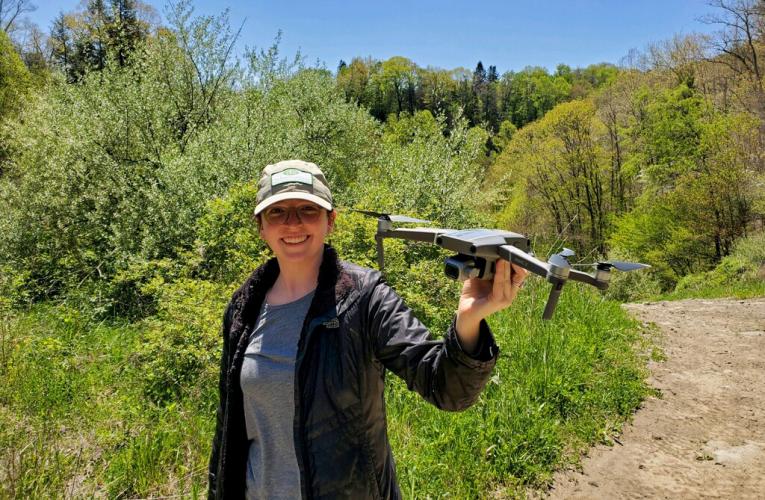Types of Master's Projects
The majority of Master's Project (MP) topics originate from external partners, faculty, or a combination thereof. In some cases, students seeking an original or applied research experience may develop their own ideas.
All MPs require a workload equivalent to that of 1.5 – 2 classes (i.e., 4-6 credit hours). Depending on the program area, students may choose to participate in one of the following MP approaches:
The two-semester master's project (2S MP) is a nine-month multidisciplinary collaboration between an external partner, a small team (2-5) of master’s students, and a faculty advisor. Partnering organizations may be private-sector corporations, government agencies, or non-profits, and may be based in the local community, across the country, or even abroad. A final 2S MP might result in the formation of management plans, educational curricula, policy analyses, business plans, or other similar deliverables. These projects are mutually beneficial, with our students achieving additional professional growth by collaborating with a real-world organization, and the organization receiving tangible research benefits at no cost.
These projects begin in the first week of the second semester. In collaboration with partnering organizations, faculty and staff assemble a suite of projects available to students shortly before the start of fall semester. Students select their top three choices during the first week of fall classes. Shortly thereafter, students are assigned a project and faulty advisor, who will support the students in completing the project.
For Clients
Interested in proposing a project for your organization? Project proposals are accepted on a rolling bases through June and are available to students at the start of fall semester. Students groups begin project work in early September.
How to Propose a Project
The three-semester master's project is intended for students seeking an original or applied research experience. These projects may be individual, but groups are strongly encouraged. During their first year of study, students may propose a topic to a faculty member or apply to a faculty-generated research project, which are typically carved from ongoing faculty research and occasionally involve an external partner. Students wishing to pursue additional schooling or research-based employment after their MEM or MF degree may benefit from this type of MP by receiving tangible research experience.
Project work begins in the second semester and culminates in the students’ final semester. Summer work is expected. Students pursuing a 3S MP are encouraged to connect with a possible faculty advisor in their first semester. At the start of the second semester, students identify an MP advisor and submit a project proposal, which is reviewed by department faculty. Once a proposal is approved, students work with their faculty advisor to draft a scope of work.



















